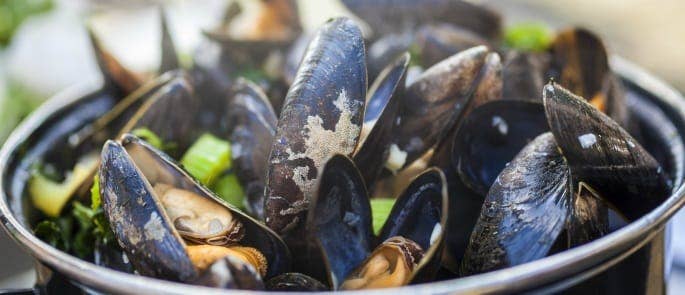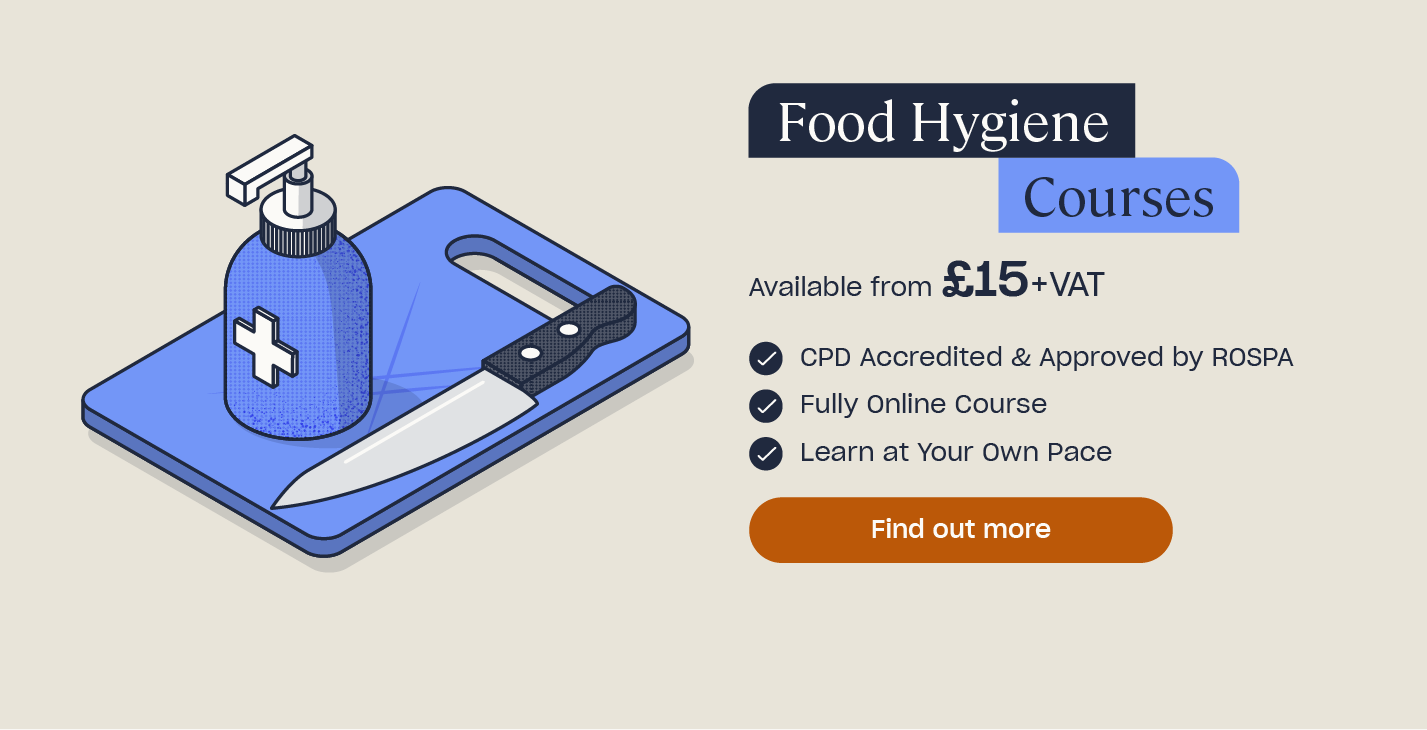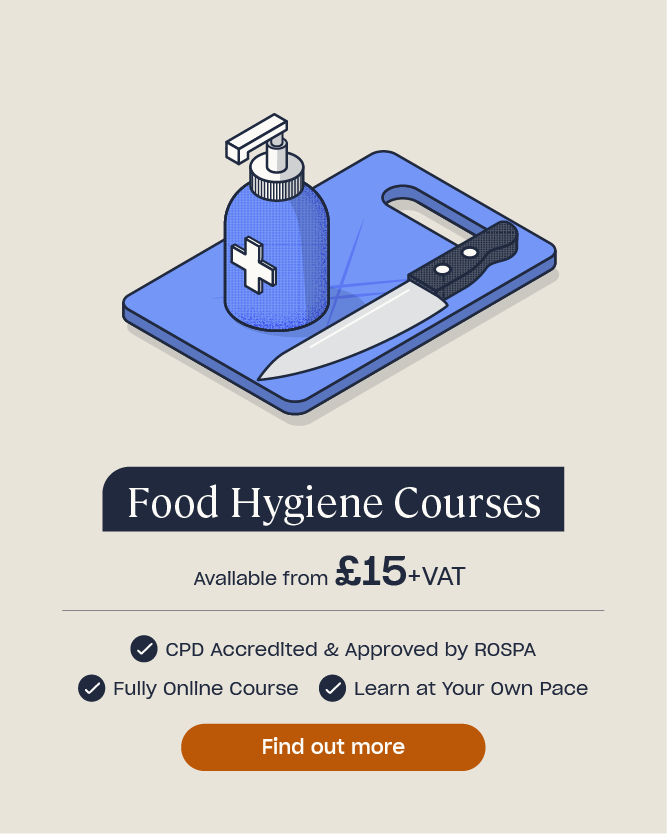Interview Questions for Hospitality Staff
Going for an interview is incredibly daunting for most people, whether it’s for your first role or your 21st.
The hospitality industry comes with a fair set of challenges and your interviewer will be looking to find out how you would handle this in a time sensitive and, often, high pressure environment. Our hospitality experts have used their decades of experience, on both sides of the interview process, to give you an idea of what you might be asked and what to demonstrate in your answer.
This guide is primarily designed for those being interviewed. However, the suggested questions will also be useful to employers and show what to look out for in an answer.
Use the links below to find the interview tips most relevant to your hospitality role:
Interview Questions for Bar Staff
Interview Questions for Waiters and Waitresses
Interview Questions for Chefs
Interview Questions for Hosts
Let us know how your interview goes and feel free to suggest questions and answers from yours!
Interview Questions for Hosts
A host is the first face the guests see when they enter a restaurant. They need impeccable organisation skills and a warm demeanour as this will be the customer’s first impression of the restaurant itself.

Question: Could you tell me about a time when a booking arrived, their table was not ready and there were no available tables to use?
Answer: In this scenario, there are a few best practice ways to respond and keep guests feeling happy. Some good reactions are to:
- Explain the situation and be honest. If the table before were late arriving they should have been told that the table would be required at 8pm.
- Offer some complimentary drinks and sit them in a waiting area or bar.
- Whilst they are waiting they should be offered menus to look at so that they do not have to wait again when they get to their table. And if everyone has decided, their order can be taken whilst they are waiting.
- Discount may be applied at the end of their meal if it’s required (but, hopefully, your hospitality as a host will have rectified the issue by now).
Question: Can you describe how you prepare for an evening as a host?
Answer: All businesses are different, and every host has their own way of doing things. Generally, though, good hosts will mention things like:
- Having an up to date table plan – either a handwritten or electronic one. Bonus points if you mentioned how you’d make quick adjustments.
- Knowing what’s on the menu.
- Organising a break plan for staff.
- Stockpiling pens and pads.
- Making sure menus are clean and correct.
- Communicating any special table requests well in advance to waiting staff and kitchen.
- Making sure that allergen information is to hand.
- Ensuring entry points are clean and inviting.
You could mention times in your life where organisation has been helpful to consolidate your answer with experience.
Question: Two starters are ready to go. You’ve got a Vegetable Soup and Moules Mariniere. What items should also be on the table to eat the dishes correctly?

Answer: Any host worth their table salt should know you’d need to bring a soup spoon, an extra dish for mussel shells, and a finger bowl filled with lemon and hot water. The interviewer may ask this question about a variety of dishes that require extras so it’s a good idea to look at their menu and think about this in advance.
Tips for a Hospitality Interview
During the interview, take a step back and remember to take a breath. It’s fine to be nervous – if anything, it shows you care about the role.

It’s better to answer the questions with anecdotes or stories as it shows you’re using your experience to make informed decisions about what you would do. Even if you’re new to the role, think about other roles or experiences you’ve had where you’ve had to use similar skills and use that as an example.
Doing this shows you’re genuine and able to adapt to a new environment, both of which are important in a busy restaurant, bar or pub.
Overall, try and enjoy the interview experience. Even if it doesn’t go as you’d hoped, it’s still a really valuable experience. You can draw on what happened in the interview and use it to improve for next time.
Good luck!
Further Resources
- Preserving the Art of Hospitality in a Post-Brexit World
- How to Handle Customer Complaints in Hospitality
- Restaurant Hospitality Quiz
- Interview Questions for Waiting Staff
- Cellar Cleaning and Maintenance Schedule for Busy Pubs and Bars
- Interview Questions for Bartenders
- Licensing Law Awareness: Do You Know How to Spot a Fake ID?
- Online Food Hygiene Training







